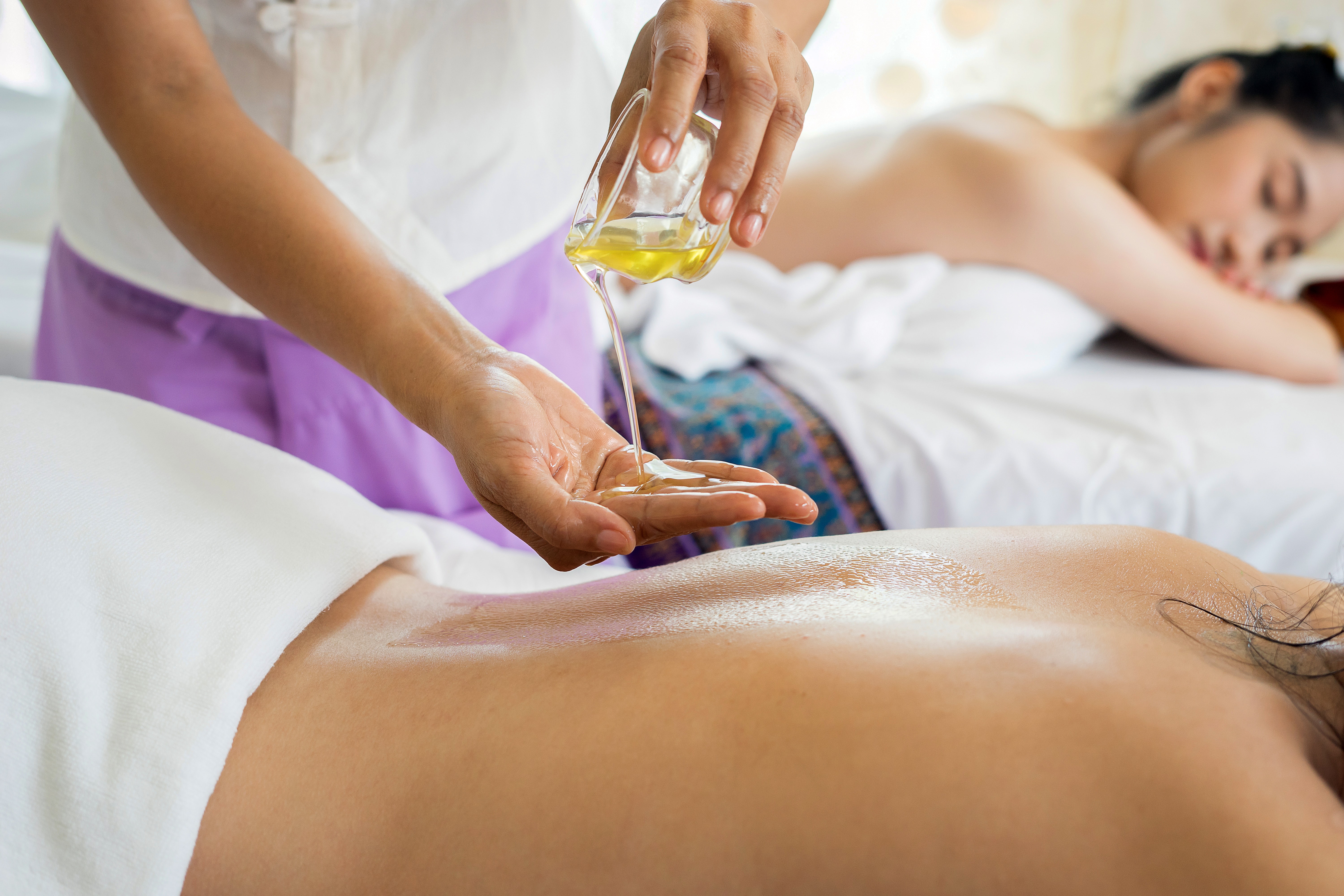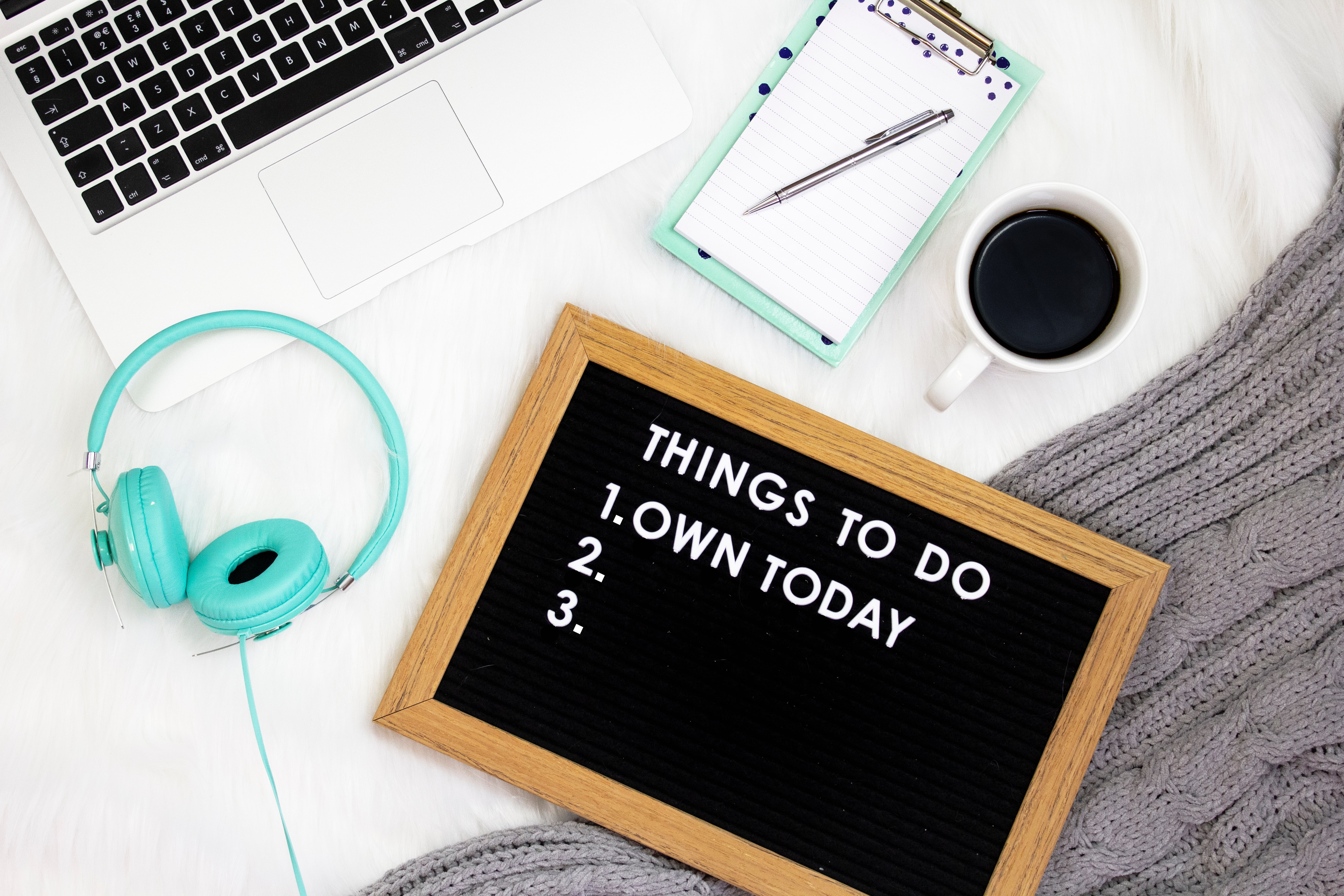7 Top Tips to Ease Your Stress and Anxiety
We all know what it feels like to be stressed-out over a test or giving a speech. But sometimes, stress stays and doesn’t go away such as with being sick, working too much, or family drama. This is chronic stress that can lead to anxiety as well. In fact, anxiety can create chronic stress that presents itself in multiple ways.
Chronic stress can be responsible for a multitude of health problems such as:
- Depression
- Anxiety
- Heart Disease
- High Blood Pressure
- Headaches
- Body Aches
- Reduced Memory and Concentration
- Digestive Conditions
- Abnormal Heart Rhythms
- Heart Attack
- Stroke
- Poor Immune Response
- Weight Gain
- Insomnia

Here are 7 Tips to Reduce Chronic Stress:
CBD
Unfortunately, the first trip to the doc for chronic stress or anxiety is medication that can be a life-saver for many, yet this prescription may come along with side-effects. This is where CBD oil enters the picture.
If you struggle with stress or anxiety, you may be considering supplementing with CBD. Research shows CBD is and excellent tool to mitigate chronic stress and anxiety without side-effects. There is also a growing body of scientific evidence that shows CBD is effective. CBD has stress relieving properties because of the way the cannabidiol molecules interact with receptors in the brain.
Studies currently suggest that CBD counters anxiety by stimulating neurotransmitter systems such as serotonin – what I refer to as the ‘happy transmitter’ also by balancing the endocannabinoid system, and by stimulating the growth of new neurons in the brain, called Regeneration, that can alleviate anxiety. Prolonged periods of stress can alter the brain and rewire your thought patterns and CBD can help reverse these changes.
SLEEP
Sleep is a powerful stress reducer.
If you’re stressed out, you might not be able to fall into a deeper restorative sleep, that period of sleep when the body repairs and restores itself. With a lack of sleep alone (and combined with stress), one is increasing the hormone cortisol that wreaks havoc with health and weight.
High cortisol from stress and anxiety can interfere with the release of melatonin, a hormone that is essential for the regulation of sleep-wake cycles.
To Sleep Better: Ensure you practice stress reduction, eat an anti-inflammatory diet, ensure your room is very dark and cool, be grateful for even small things and write down your worries and concerns on a notepad right before sleep – leaving them there.
BREATHE
Deep breathing is a key player in proactively stopping the stress response in its tracks. Deep breathing is one of the best ways to lower stress in the body. This is due to the brain receiving the message to ‘calm’ down. Once that occurs, the brain then sends the message to the body to relax. All of the negative effects of stress and anxiety disappear as you breathe deeply. If done on a regular basis, you will be proactively keep stress’s unhealthy effects away.
Here is an excellent stress reduction technique called the 4-7-8 Technique that can be used anywhere or at any time (even to help you fall asleep):
- Breathe in for 4 Seconds
- Hold for 7 Seconds
- Exhale for 8 Seconds
- Repeat at least 6 times
EXERCISE
Exercise is the most underutilized tool to reduce stress and anxiety. Exercise and other physical activity produce endorphins that have a neurochemical basis and are mood elevators that make us feel happy and calm.
Exercise reduces levels of the body’s stress hormones, such as adrenaline and cortisol. Commit to any type of movement most days of the week to help keep stress and anxiety away.

MASSAGE
Stress affects more than your mind – it affects every part of your body. Massage for many people, exerts an immediate relaxation and stress reduction effect. Massage helps to rebalance your hormones and release muscle tension. When you’re stressed, your muscles tighten in response and if chronically stressed, aches and pains occur contributing to more stress.
Massage therapy has been shown to:
- Reduces your stress hormone cortisol by 30%
- Increases serotonin 28% and dopamine levels by 21%
LAUGHTER
It is fun to laugh and it helps promote reduced stress, anxiety and optimal health!
When we laugh, we reduce stress, improves our mood, it relaxes the whole body, decreases stress hormones, eases anxiety, triggers the release of endorphins, and laughter reduces anger’s physical impact.
Ensure that you laugh and begin by smiling that can easily ease into laughter. Watch more comedy shows, when you hear laughter, move toward it, spend time with people who make you laugh and seek these types of people out. Bring more humor into your life.

PRIORITIZATION
We all have multiple commitments and can be easily overwhelmed by them all and may feel nearly impossible to get them all done. We want to give the same amount of time and energy to all at the same time. This is unrealistic and leads to added stress and anxiety in our lives. However, simply prioritizing can have a remarkable stress reduction effect. Taking just a few minutes to organize what needs to get done and then prioritizing – instant stress reduction. Remember to keep the larger picture in front of you. Yes, this may seem heavy and scary..but, should you fall short in one area, it will not be the end of the world. Always keep this in perspective.
Taking action in one or more of these areas, will help to protect, optimize your health and improve mental well-being





